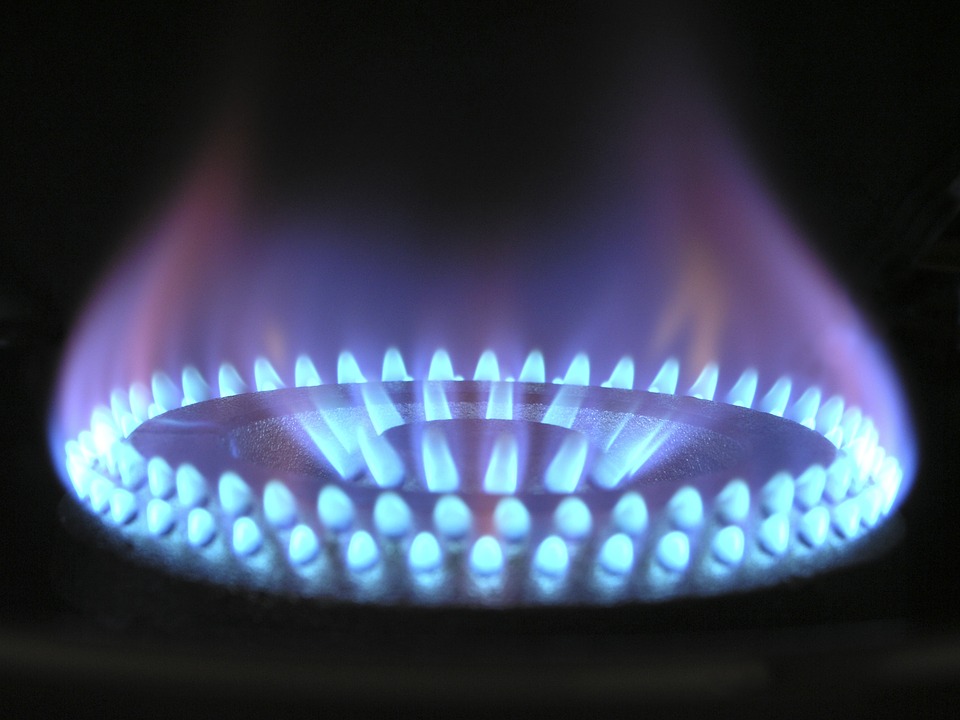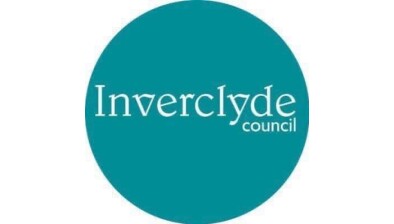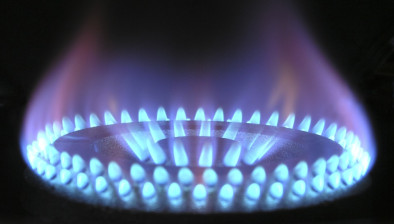Scotland’s national advice service calls for social energy tariff to fix ‘broken’ market

Scotland’s national advice service is calling for a UK-wide social energy tariff to be introduced to fix the “broken” market and help end the scourge of fuel poverty.
Advice Direct Scotland (ADS) launched its campaign as it revealed it has been dealing with a surge in customers being cut off from gas and electricity because they cannot afford to top up their prepayment meters.
The charity, which operates the energyadvice.scot service on behalf of the Scottish Government, is calling for Chancellor Jeremy Hunt to bring forward plans for a social energy tariff when he announces the Budget on March 6.
ADS said an opt-out social energy tariff – which would automatically put struggling households on the cheapest deal – is the only way to effectively end fuel poverty in the UK. The policy could be targeted at those most in need, with eligibility being determined by whether members of a household are in receipt of benefits or are on low incomes.
The campaign is being supported by the Scottish Government, which does not have the power to introduce a social energy tariff on its own but wants UK ministers to act. It is also being backed by a single mother from Glasgow who fell more than £1,000 in debt after being forced to leave her job when she was diagnosed with a tumour.
Advice Direct Scotland said that between October and December last year it had recorded a 125 per cent rise in the number of queries relating to ‘self-disconnection’, when someone cannot afford to top up their prepayment meter. Its advisers dealt with a total of 401 self-disconnection cases over these three months, compared to only 178 over the same period in 2022, suggesting that existing help available to billpayers is nowhere near enough.
According to Scottish Government statistics, the proportion of households in fuel poverty – defined as when more than 10 per cent of net income after housing costs is spent on fuel – has risen dramatically since 2019.
As of April 2023, it was estimated that 980,000 households met this criteria, 39 per cent of the total number of households and up from 25 per cent in 2019. Social energy tariffs were previously offered voluntarily by major suppliers, but were phased out after the Warm Homes Discount was introduced in 2011. The policy is currently used by the broadband industry, with around 4.3 million UK households qualifying and able to save around £200 per year on their bills. energyadvice.scot provides free, practical advice and information on energy-related matters, and can answer a wide range of queries.
Andrew Bartlett, chief executive of Advice Direct Scotland, said: “There is a moral imperative to fix the UK’s broken energy market, which has been exposed by the cost-of-living crisis. The introduction of an opt-out social energy tariff will help do this.
“Such a move will protect the most vulnerable people from spending excessive amounts on their bills, so they never have to face another winter in distress and discomfort.
“Our advisers are on the front line of the fight against fuel poverty, but there is only so much they can do when a customer finds themselves unable to afford to heat their own home. Social tariffs are not new - they have been offered by energy suppliers before and are currently used by broadband providers to give certain customers access to cheaper deals.
“All political parties should unite behind a social energy tariff but only the UK Government has the power to act. The Chancellor should use the next Budget to introduce one.”
Gillian Martin, Scottish Government minister for Energy, Just Transition and Fair Work, added: “I wholeheartedly support calls from ADS and other partners for action to protect hundreds of thousands of householders who, despite April’s price cap reduction, remain in fuel poverty and struggling with energy debt and bills.
“I have written to the UK Government many times calling for the introduction of a social tariff to provide long-term and vital protection for some of the most vulnerable people in society, and I am disappointed that it has not chosen to pursue this. I would urge a rethink of this stance.”
CASE STUDY
Natalie Graham, 38, found herself almost £1,300 in debt with her energy suppliers after being forced to give up her job as a community support worker in 2021 when she was diagnosed with a womb tumour.
Natalie, of Parkhouse, Glasgow, struggled with soaring gas and electricity prepayment meter costs, and the debt transferred when she moved to a new home. She turned to Advice Direct Scotland for help and received £1,400 through the Home Heating Support Fund. The single mother-of-one, who relies on Universal Credit, is currently awaiting surgery to remove the tumour, which is benign.
Natalie Graham said: “Being out of work and dealing with health issues, I’ve been spending more time at home. Because of my tumour, my body temperature can drop, so I’ve had to use extra heating. As a result, my bills were through the roof.
“The stress levels were awful with the constant emails, letters, and phone calls from suppliers about the debt. It’s the last thing you need when you’re worried about your health.
My lowest point was having to get a food parcel delivered from the council because I had no money and had to make sure I had my electricity and gas.
The cost of living has affected everybody’s lives, and even with benefits, I have to borrow to survive.
“Extra help is needed for people with illnesses, the elderly, and families on lower incomes. “It’s not a luxury – it’s a human thing to have. Why should we be terrified to put our lights or heating on? It’s just not right. We need to eat, we need to drink, we need to stay alive. The social tariff is the best option, and I’m backing this campaign 100 per cent.
“The government needs to pull its socks up and get these people the help that they need.”







